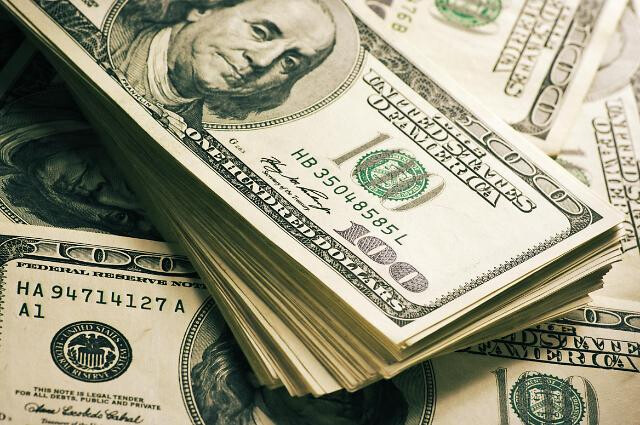
Seoul, South Korea – The South Korean won has plunged to its lowest level in 15 years and nine months, with experts warning it could soon breach the 1,500 won per dollar mark. The currency has depreciated nearly 5% in just one month, making it the fastest-declining major currency in recent times. Despite interventions by the foreign exchange authorities, the won's slide has continued unabated.
Political instability, exacerbated by Prime Minister Han Duck-soo's refusal to be appointed to the Constitutional Court and subsequent impeachment proceedings, has been cited as a major factor behind the won's weakness.
On Tuesday, the won-dollar exchange rate surged to 1,486.7 won, its highest level since March 16, 2009, when the global financial crisis was unfolding. The closing prices for the day were 1,467.5 won and 1470.5 won for the regular and nighttime sessions, respectively.
The won-dollar exchange rate has been particularly volatile in response to domestic and external political uncertainties. The currency breached the 1,400 won level in November following former US President Donald Trump's reelection, and it hit 1,442 won after President Yoon Suk-yeol declared a state of emergency. While the won recovered somewhat after the lifting of martial law, it surged again to 1,438.1 won when the impeachment motion against President Yoon failed.
The Federal Reserve's hawkish stance on interest rates further fueled the won's depreciation, pushing the exchange rate above the 1,450 won mark on November 19. Prime Minister Han's refusal to be appointed to the Constitutional Court and the subsequent political turmoil sent the won tumbling to nearly 1,480 won.
While the global strengthening of the US dollar has contributed to the weakening of many currencies, the depreciation of the won has been particularly sharp. According to the Bank of Korea, the won has depreciated by 4.96% against the US dollar between November 29 and December 27, significantly outpacing declines in other major currencies such as the Australian dollar (4.32%), Japanese yen (4.03%), euro (1.24%), Indian rupee (0.92%), and Taiwanese dollar (0.70%).
Experts attribute the accelerated depreciation of the won to the political turmoil following the declaration of martial law. Kang Hyun-ju, a senior researcher at the Capital Market Research Institute, stated that while factors such as South Korea's high trade dependence and economic slowdown have contributed to the won's weakness, recent political fluctuations have had a significant impact.
Despite the foreign exchange authorities' efforts to stabilize the currency, including expanding foreign exchange swap arrangements with the National Pension Service, their interventions have proven insufficient. The lack of sufficient dollar supply has hindered efforts to stem the won's depreciation. Lee Nak-won, an FX derivatives expert at NH Nonghyup Bank, noted that the market requires a substantial and immediate injection of dollars to effectively counter the depreciation trend.
Numerous experts have predicted that the won-dollar exchange rate will soon reach the 1,500 won level. The Korea Development Institute (KDI), a government-funded think tank, has stated in a report submitted to Rep. Lee In-young of the Democratic Party that a 3-4% fluctuation in the exchange rate is considered normal, and therefore, the possibility of the won-dollar exchange rate reaching 1,500 won cannot be ruled out.
Lee Sang-beom, a researcher at KB Securities, believes that the future trajectory of the won-dollar exchange rate hinges on political developments. He warned that if uncertainty surrounding US monetary and fiscal policies increases following President Trump's inauguration, the exchange rate could surge beyond 1,500 won and may even reach higher levels.
[Copyright (c) Global Economic Times. All Rights Reserved.]




























